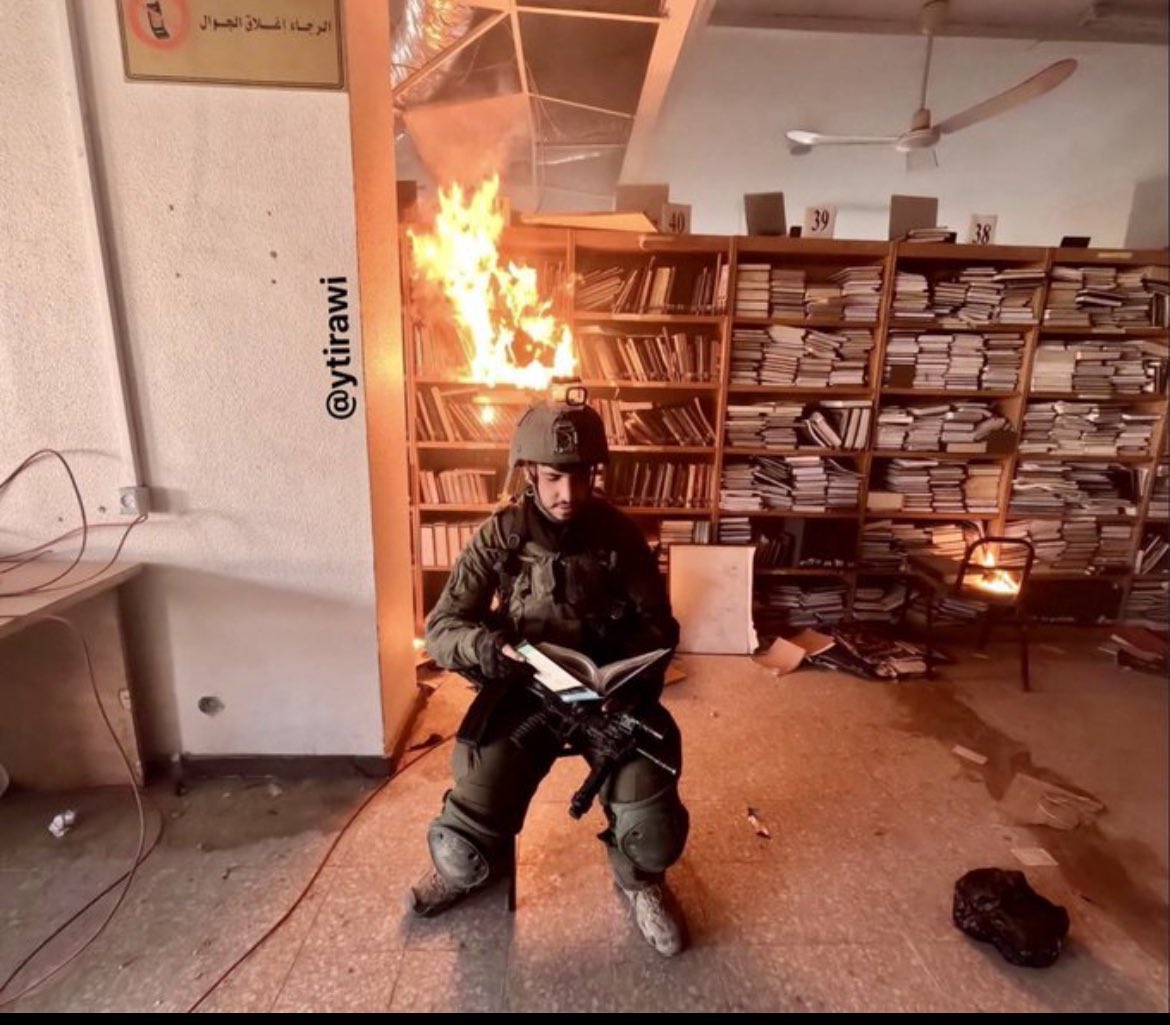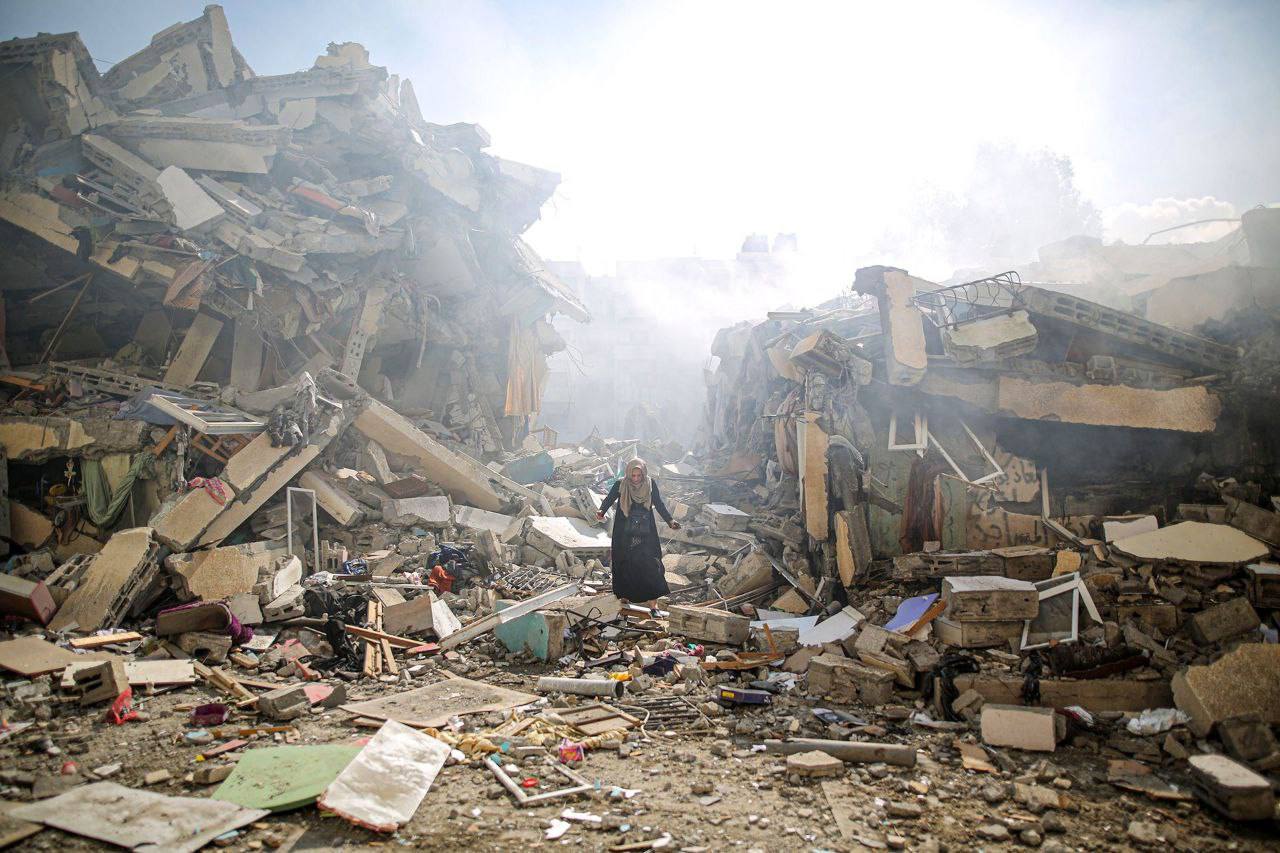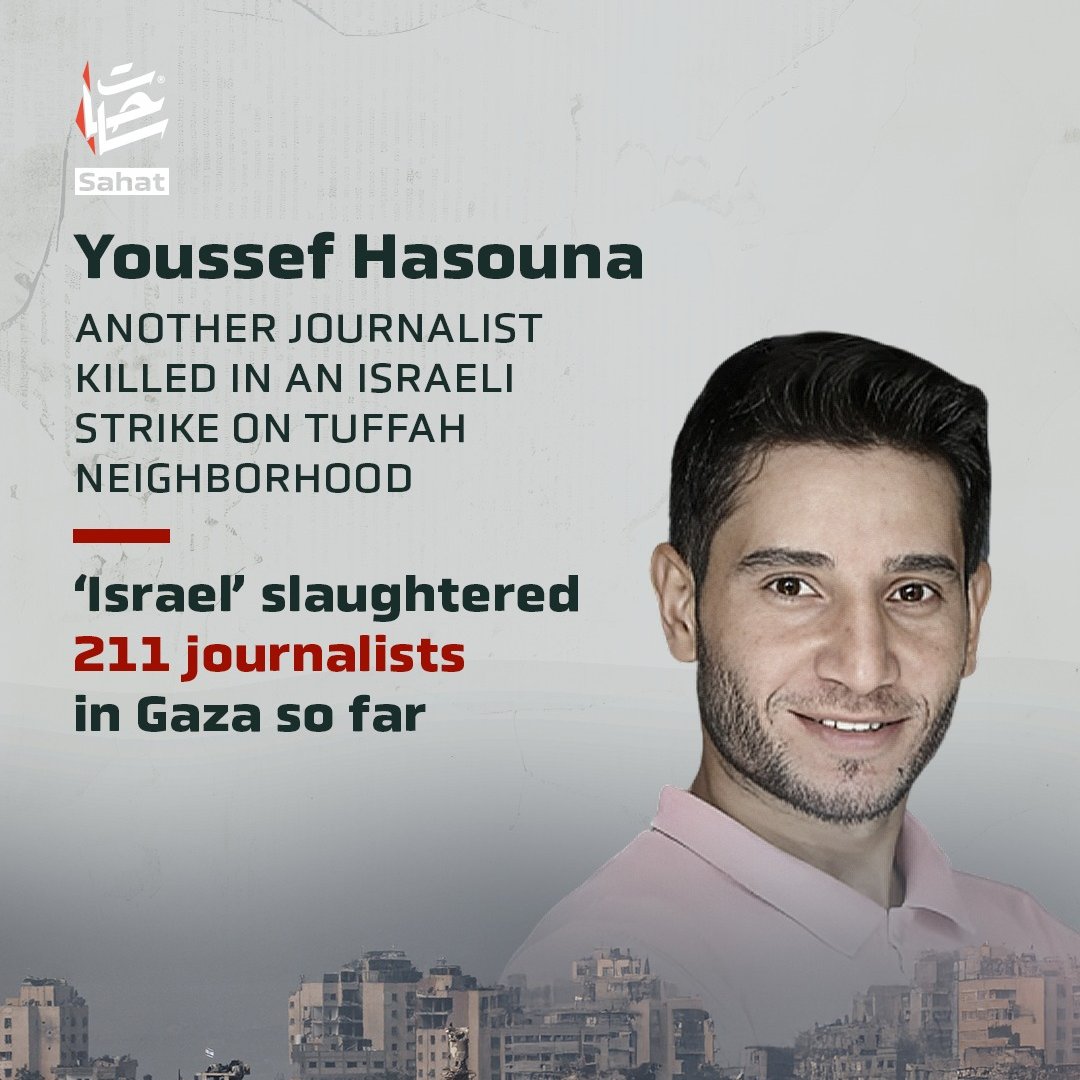
More than 65 Palestinian filmmakers signed a strongly-worded letter in which they accused Hollywood of “dehumanizing” Palestinians on screen over decades.
They added this has helped to enable the ongoing devastation in Gaza.
Two-time Oscar nominee Hany Abu Assad, acclaimed director Elia Suleiman, recent BAFTA winner Farah Nabulsi, multiple-award winners including Michel Khleifi, Mai Masri, Najwa Najjar, and the 22-strong list of directors behind the compilation of shorts “From Ground Zero,” Palestine‘s current submission to the Oscars — are among those who signed the letter, first reported by Variety on Wednesday.
The filmmakers have expressed outrage and what it described as the “inhumanity and racism shown by some in the Western entertainment industry towards our people, even during this most difficult of times.”
The letter marks the first collaborative initiative by Palestinian filmmakers since the start of the Israeli genocide war on Gaza soon after 7 October, 2023.
Despite its fierce criticism of Hollywood, the filmmakers in the letter thanked the National Academy of Television Arts and Sciences for “standing up to pressure and insisting on freedom of expression,” by refusing attempts to disqualify a Gaza-focused documentary from the 2024 Emmy nominations.
The Peabody Award-winning “It’s Bisan From Gaza and I’m Still Alive,” by Palestinian journalist, activist, and filmmaker Bisan Owda chronicling her family’s plight as they flee Israeli bombardment of their home, is nominated for the News and Documentary Emmys for Outstanding Hard News Feature Story: Short Form.
However, there were calls by a US-based pro-Israel group for the nomination to be rescinded, with a letter signed by the likes of Debra Messing, Sherry Lansing, Rick Rosen, and Haim Saba falsely accusing Owda of having ties to the Popular Front for the Liberation of Palestine (PFLP), a United States-designated terrorist group.
In response, NATAS president Adam Sharp said that Owda’s nomination would not be rescinded, writing in a letter that the organization had been “unable to corroborate these reports” of Owda’s alleged involvement and “found no grounds, to date, upon which to overturn the editorial judgment of the independent journalists who reviewed the material.”
“Trying to censor Bisan’s voice is only the latest repressive attempt to deny Palestinians the right to reclaim our narrative, share our history, and in this case bring attention to the atrocities our people are facing in the hopes that we can bring an end to them,” said the filmmakers.
“We well understand the power of image and cinema, and for far too long we have been outraged at the inhumanity and racism shown by some in the Western entertainment industry towards our people, even during this most difficult of times,” they added in the letter.
“Through our films, we have tried to present alternative narratives, depictions, and images to reverse the stereotypical, dehumanizing “worthless, disposable beings” image which enables the whitewashing and/or justification of the crimes perpetrated for decades against Palestinians. But why must we always put on our “boxing gloves” to defend our art against ruthless censorship that targets us merely on the basis of our identity, not our creativity?”
The filmmakers have called on “our international colleagues in the film industry, visionaries for the kind of world we would like to live in, to speak out against this genocide and the erasure, racism and censorship that enable it.”
They have also called their colleagues “to do everything humanly possible to stop and end complicity with this unspeakable horror; and to stand against working with production companies that are deeply complicit in dehumanizing Palestinians, or whitewashing and justifying Israel’s crimes against us,” according to the Quds News Network.








